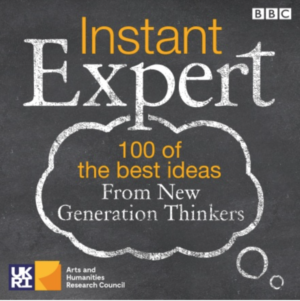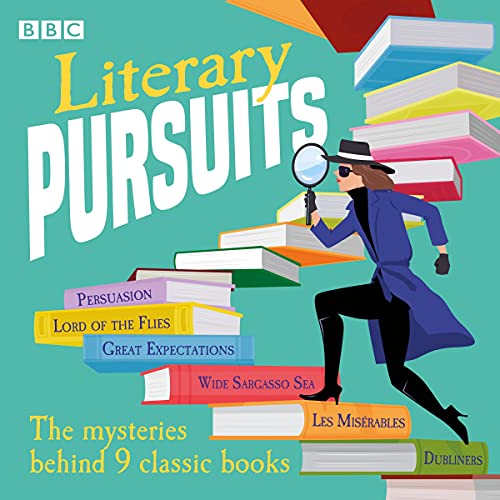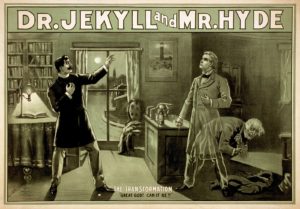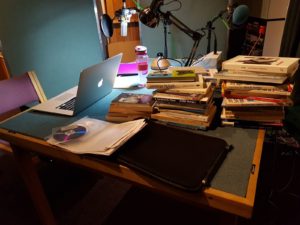
Just over nine years ago, whilst digging a new vegetable path in our Scottish garden and keeping a watchful eye on my 16 month old and 3 year old, I received the news that I’d been selected as a 2013 New Generation Thinker. It was the beginning of a journey that it is no exaggeration to say changed my life. I’d already discovered a love of radio broadcasting thanks to some early work with BBC Radio Scotland for which I’ll always remain grateful. But it was the NGT scheme that led me to BBC Radio 3 and helped me to develop that passion, and learn the skills of a new trade. Interestingly, it was the move to Cambridge not (or at least not directly) the NGT scheme that led me to Radio 4. I was talent scouted by the mother of a prospective student attending my 2014 Open Day lecture, who also happened to be the wonderful Head of Books at Radio 4. She was actually a little disappointed to discover that I’d already made my radio debut and she hadn’t been the one to discover me! There followed many years of joyful, stimulating and exciting radio programme making, from my Radio 4 Open Book Close Reading feature to a series I will always treasure, Literary Pursuits for Radio 3, to my Radio 4 journey to Mars via Arizona! BBC Broadcasting house became one of my favourite places to be, and is still home to some of my favourite people. It was a very hard decision a few years ago to step away from my radio work in order to give more time to my family and release a little of the professional pressure of pursuing an academic career while making radio programmes at the same time.
Having just checked and returned the proofs for my new book, and starting to raise my eyes again to the world afresh after the intense effort to bring it to fruition amongst all the many challenges of the pandemic, I am hit again by the sense of how much I miss broadcasting. So it is with both delight and a little misty-eyed nostalgia that I see Penguin has just launched an audiobook of radio essays by the first 100 New Generation Thinkers. ‘Instant Expert’ gathers together a whole array of brilliant and inspiring journeys of the mind from across the arts, literary studies, history, philosophy, science, religion and beyond. My first radio essay features there as Chapter 27, and I remember how much fun it was in the hall at the Free Thinking Festival at Sage Gateshead to dim the lights and take the audience on a tour of science fiction. All aboard the Wombcraft! With the new book coming out in November, the transition to Professor Dillon at the beginning of October, and a major collaborative research project drawing to an official close in December, it feels like a time of change is upon me. I don’t know what the next year or so has in store for me, but I hope that it includes a return to the airwaves, as well as greater happiness and health for us all.








